Natural perfume and synthetic perfume
The origin of the perfume :
Perfume is a product of natural origin whose history goes back to antiquity.
In ancient Egypt, the Egyptians attached great importance to perfume, at that time the materials were used raw for the rituals of worship.
To honor their deities, flowers, resins and other materials were burned in the temples so that their scents could be released through the smoke and reach the gods. The word perfume comes from the Latin "per fumum" which means "by smoke".
Nevertheless, even if synthetic molecules are much more regulated than when they were first used, they can sometimes present risks and dangers for the environment, but also for our health.
What is the difference between a perfume composed of synthetic molecules and a natural perfume?
Synthetic products have greatly enriched the palettes of perfumers allowing the reproduction of flowers known as "dumb".Lily of the valley, honeysuckle, peony, lily, lilac...these flowers have never revealed their secrets, they give neither essence nor absolute.
It is therefore impossible to distill them because they are not aromatic materials and therefore cannot be produced in essential oil.
The only way to incorporate them in a perfume is to reproduce its smell.
A perfumer who works with synthetic molecules will therefore have a wider range of scents.
The organ composed of natural materials contains about 600 notes against 3,000 for synthetic materials. (The silent flower)
Natural raw materials are complex and inimitable mixtures.
The smell of a rose, a jasmine or any other plant will never be as fine and beautiful as that of natural essence; our nose perceives subtleties and differences that chemistry cannot imitate or reproduce.
Healthier than synthetic aromas, essential oils have an effect on our well-being. They promote relaxation, oxygenation and harmony of our body and mind.
A fragrance based on essential oils can be a "therapeutic" perfume. Essences address our senses and emotions.
Natural fragrances are living, unique scents.
Like wine, the quality and quantity of essential oil production depends on the years, the rhythm of nature, the seasons, the way the plants have been planted, cultivated and distilled.Thus each essential oil will be unique, their scents will be slightly different from one year to another, and from one producer to another, which will make each natural fragrance exceptional, special, exclusive.
Essential oils offer many benefits, but they are powerful products, due to the high concentration of active ingredients, which must be handled with care.
This is why it is important to respect the conditions of use, in order to avoid the risks of allergy, or other inconveniences like sun spots (some oils like bergamot and lemon are photo-sensitizing).
Natural perfume, synthetic perfume? Maybe your heart is still in the right place; it's a personal choice linked to our emotions, our values and our desires.











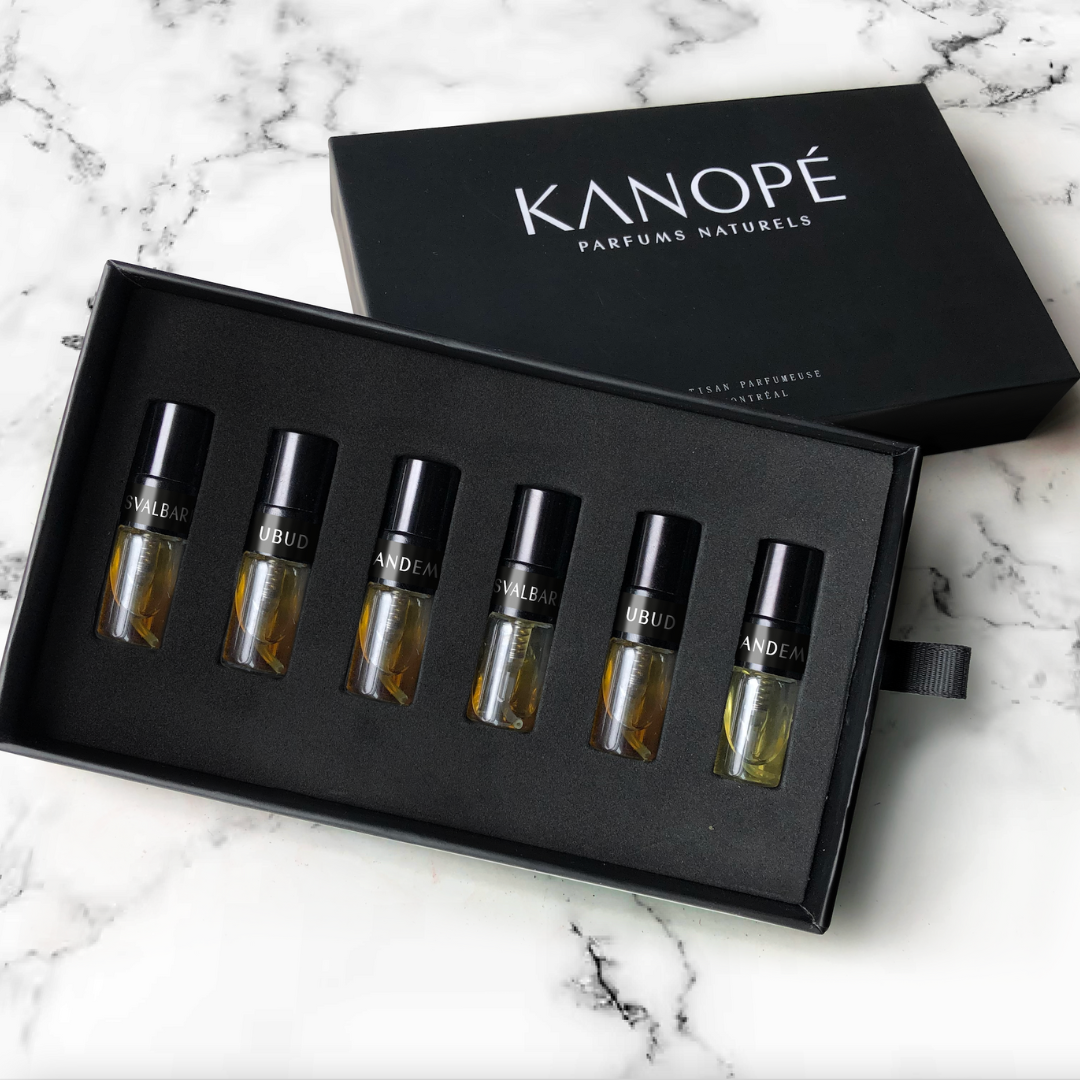
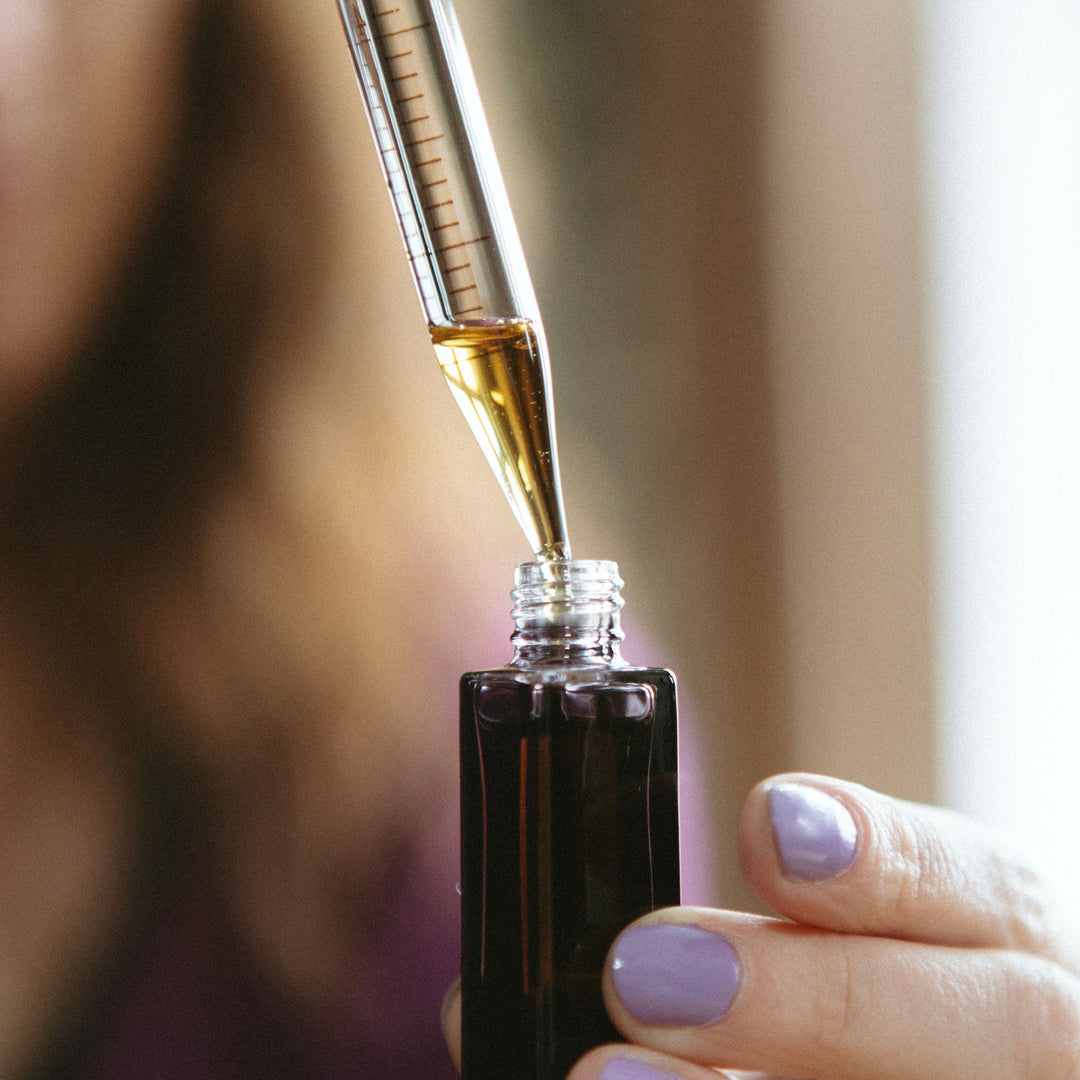
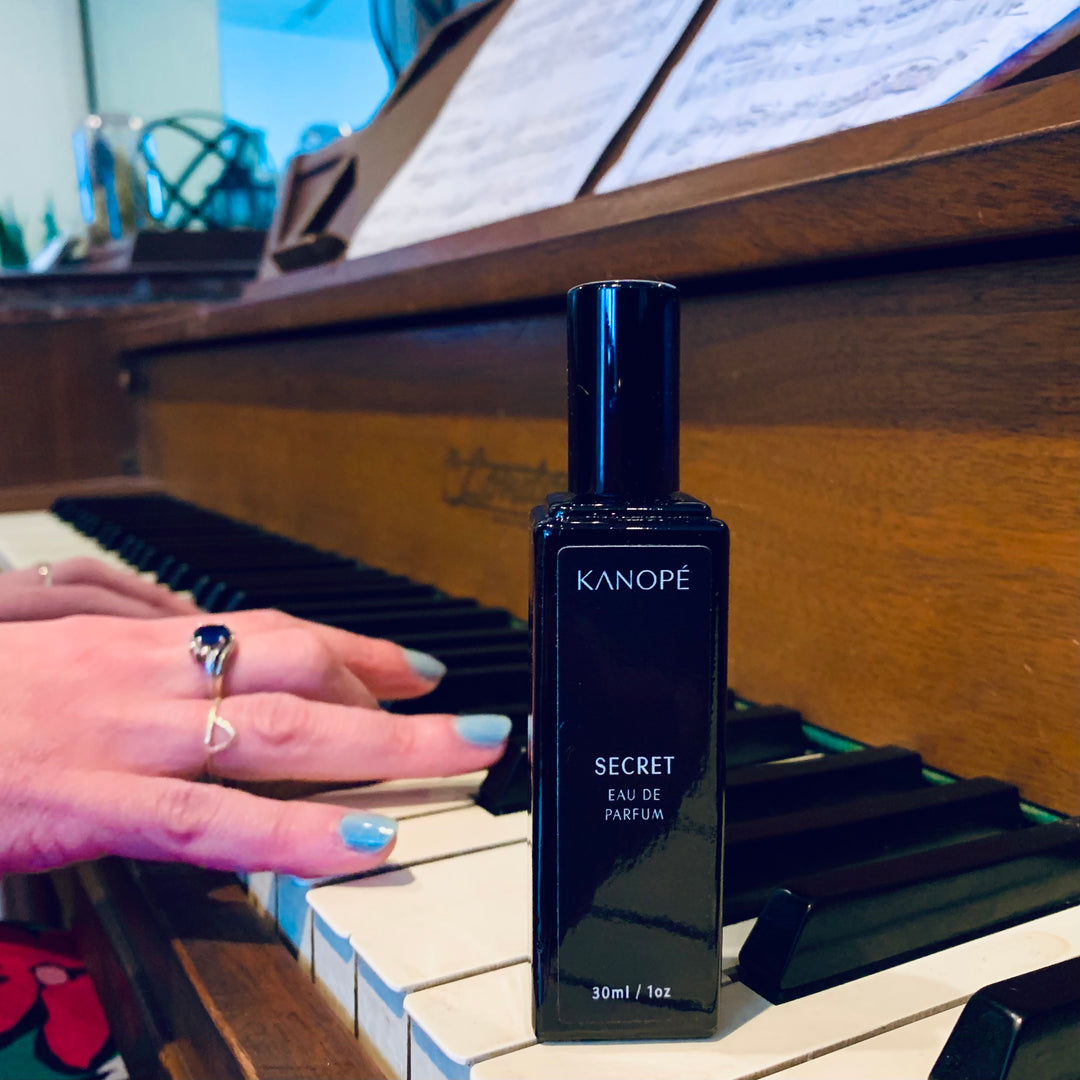
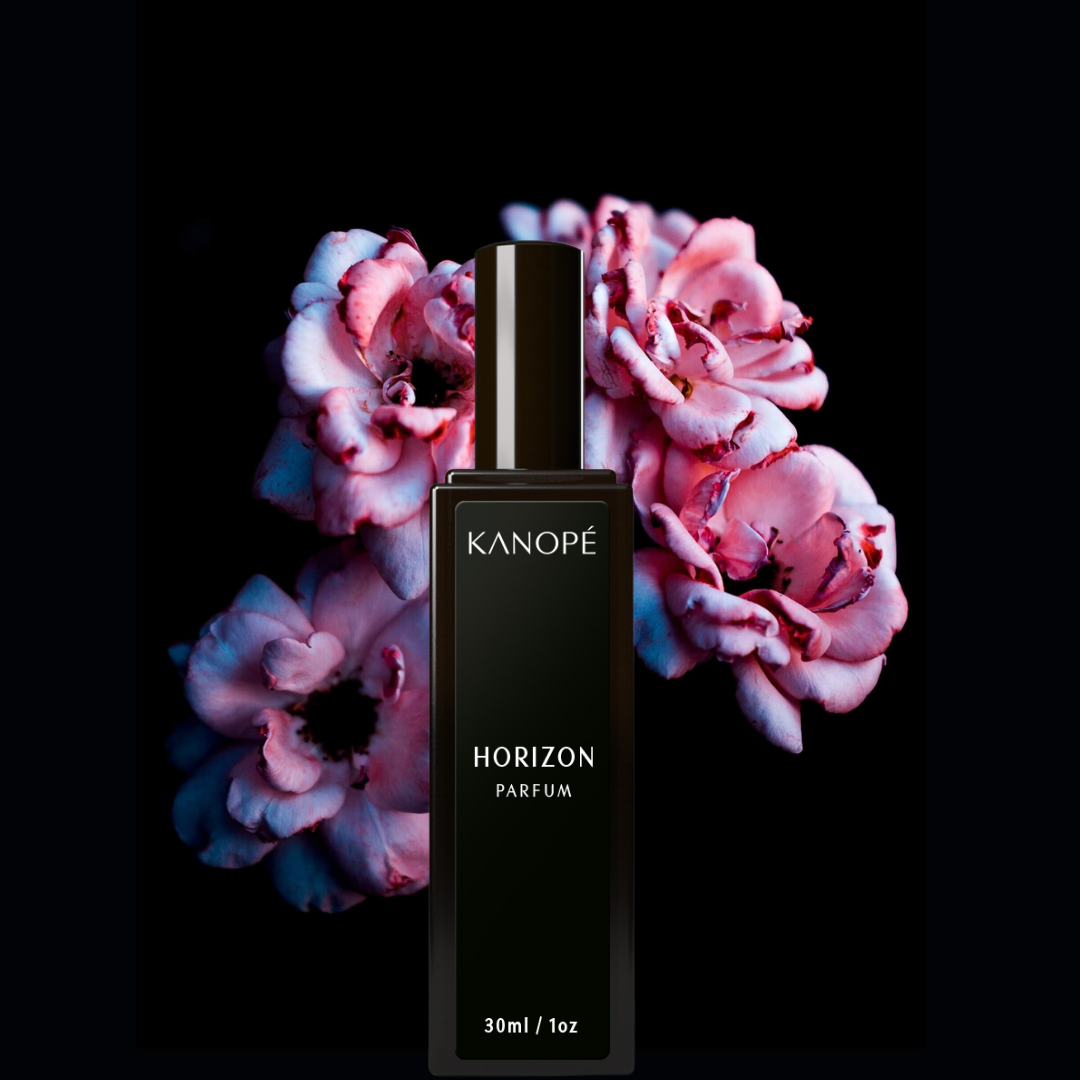
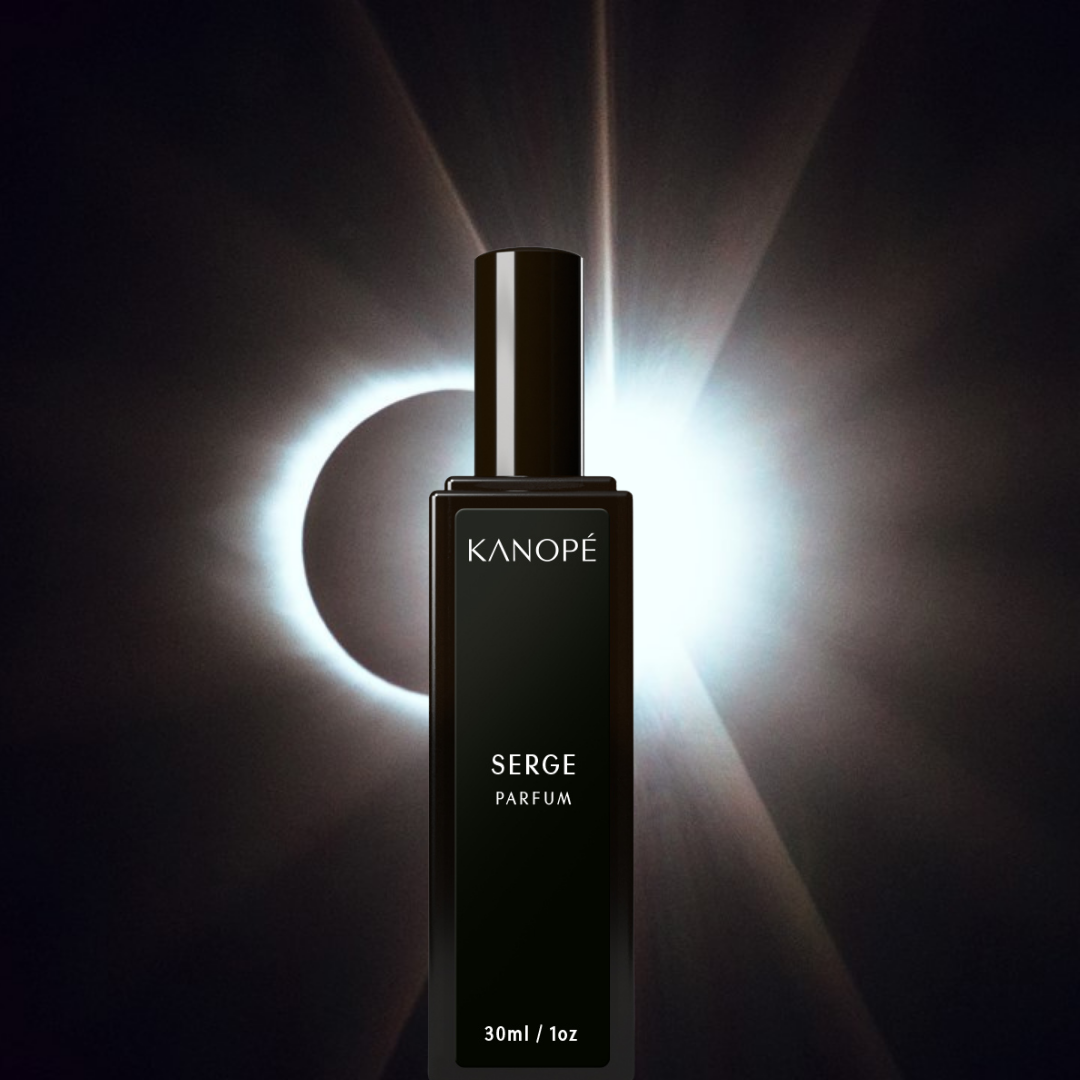
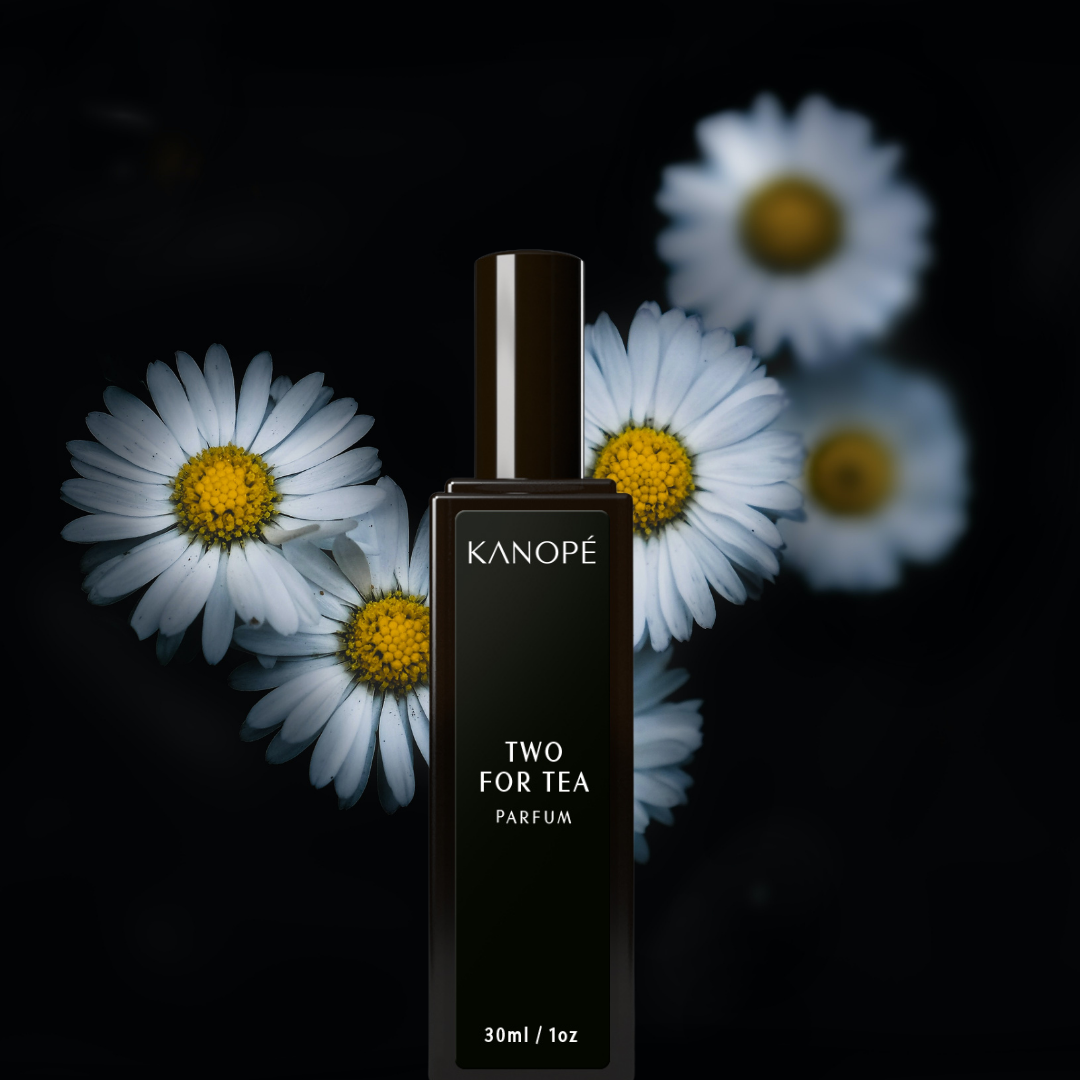
Leave a comment